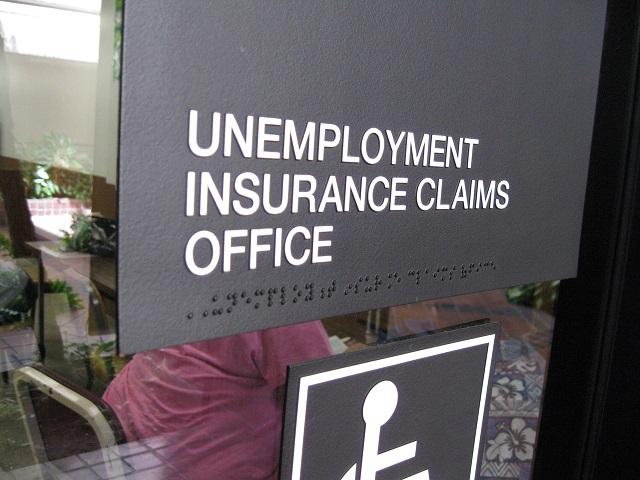In the span of less than a single hour on Monday afternoon, I spoke with three Hoosiers.
One was a Hoosier whose immunosuppressed mother, over 60 years old, was risking her life to go to work in a COVID-19-impacted work setting. She mistakenly believed that, if she refused to report for work, she would not qualify for unemployment benefits. Another mistakenly believed her independent contractor/gig worker status made her ineligible for unemployment benefits.
And a third Hoosier had called the Indiana Department of Workforce Development for a question about her unemployment eligibility. She had been on hold for a total of eight hours over multiple calls, only to be disconnected each time.
All of these people, and the hundreds of thousands of Hoosiers who are struggling with the same challenges right now, deserve better. Other states are also enduring massive job losses, but their governors are providing accurate, detailed information and prompt, helpful services to their constituents. So far, Indiana Governor Eric Holcomb is letting his constituents down. With nearly 300,000 Hoosiers projected to be losing their jobs in the coming weeks, he needs to catch up. Quickly.

Photo by Bytemarks, (CC By 2.0)
In response to the flood of unemployment applications and questions, states like Ohio have expanded their call-in hours and states like Montana have streamlined their application process. In Indiana, the Department of Workforce Development phone lines are down, and its online application process is complicated and confusing, especially for persons in crisis.
The agency director has told Hoosiers to stop calling in and instead read through a 30-page online manual, or only to call in on days corresponding to the first letter of their last name. If she followed those guidelines, one of the Hoosiers I talked with on Monday would have to wait until the end of the week to even ask questions about her dire situation.
Other states like Illinois have quickly updated their websites to guide their residents on the new, expanded unemployment eligibility under the new laws passed by Congress last week. Indiana’s site is outdated and inaccurate. To his credit, Gov. Holcomb last week finally followed the lead of other governors and waived the usual one-week waiting requirement for unemployment benefits. But the state’s unemployment application site tells visitors the waiting requirement is still in place and provides a don’t-call-us shrug of the shoulders in response to questions about how the federal legislation will impact Hoosiers.
Other states’ governors, like Governor Gretchen Witmer of Michigan and Gov. Tate Reeves of Mississippi, are using their power and platform to significantly expand benefits and access and inform and reassure their suddenly jobless citizens that the new federal legislation means that help is on the way. Governor Holcomb has not followed suit.
No doubt the overwhelmed employees of the state workforce agency are doing the best they can during this crisis. But they deserve the help and leadership that other states are seeing from their governors. So do the hundred thousand-plus Hoosiers who are struggling to figure out how to feed their families in a time of profound crisis.
Fran Quigley is clinical professor and director of the Health and Human Rights Clinic at Indiana University McKinney School of Law
